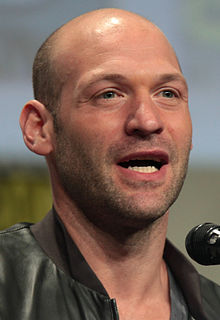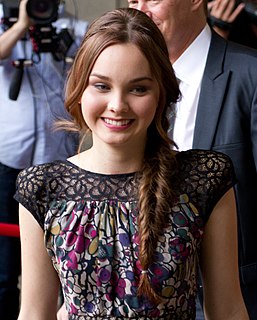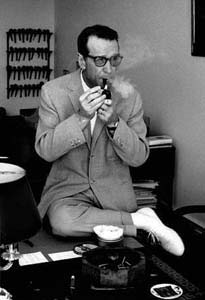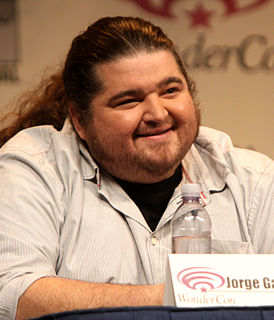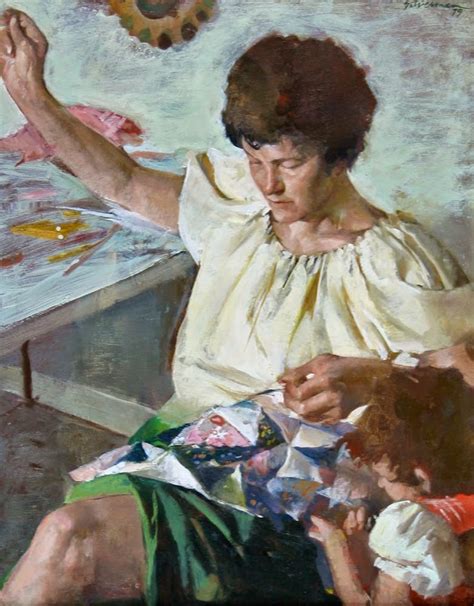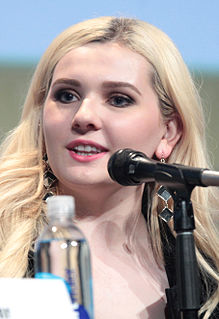A Quote by Lydia Leonard
Television's so quick, and there's so many other fun elements to it, but you don't get such good scripts and the time to really make much more three dimensional characters.
Related Quotes
I would like to carve my novel in a piece of wood. My characters—I would like to have them heavier, more three-dimensional ... My characters have a profession, have characteristics; you know their age, their family situation, and everything. But I try to make each one of those characters heavy, like a statue, and to be the brother of everybody in the world.
There is so much investment in it of people's labor time that it will never make money. But there are other documentaries that you might make that are sort of on assignment for television that turn around in three to six months. Then the margin can be much be better for you because you're not spending three-and-a-half years on it. So I think if you're doing documentary films, that's sort of the way to look at it.
It's never really fun to have to cry in a scene, or anything like that. I just try to put myself in the characters position, and that helps. It's never really fun, but at the same time, if you're having a really bad day, it's a great way to get out all of your frustration by doing a really angry or sad scene. That's always a good release.

